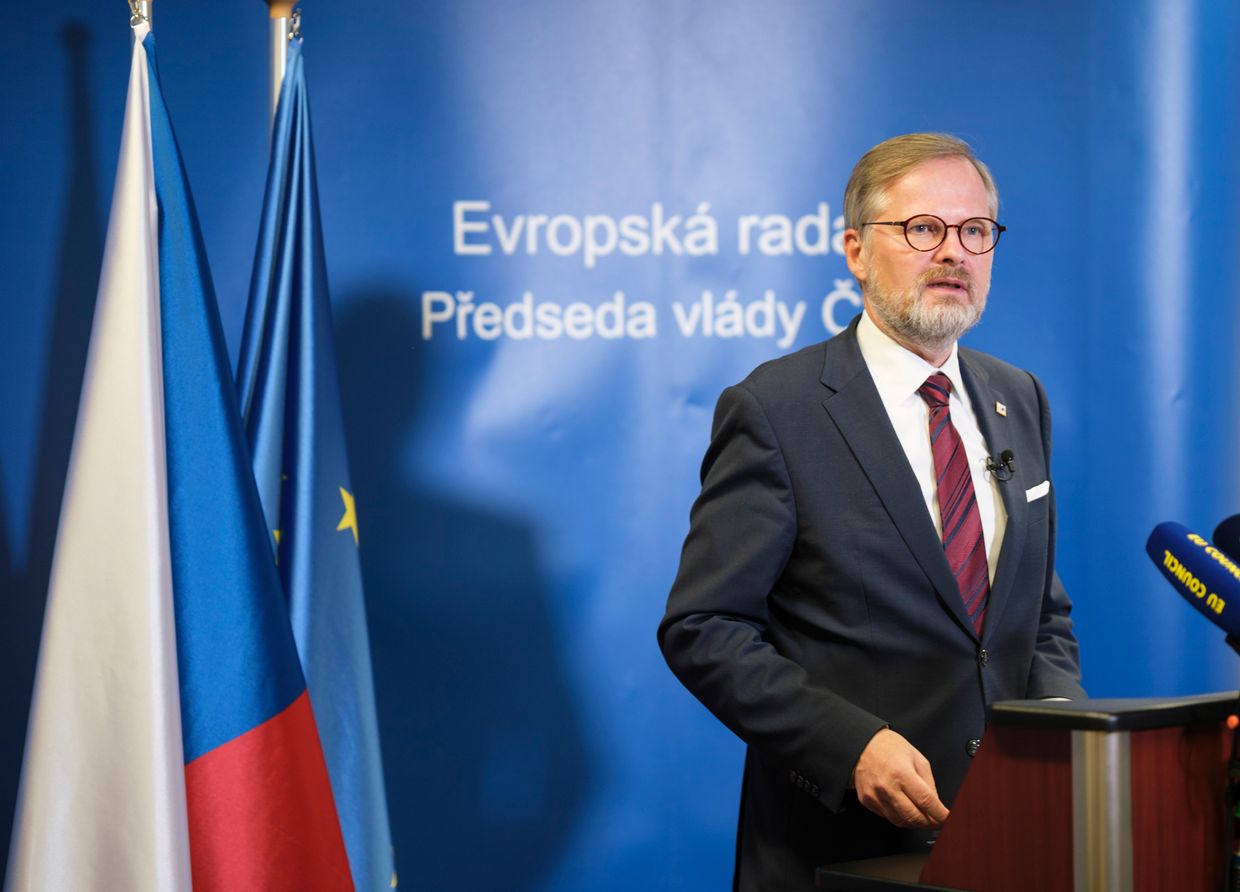Media: EU ambassadors agree on 'broadcast ban' of key Russian propaganda outlets

EU ambassadors have agreed on an EU-wide ban on four key Russian propaganda outlets, said Rikard Jozwiak, the Europe Editor for Radio Free Europe/Radio Liberty (RFE/RL), on May 15.
The move would reportedly impact Rossiyskaya Gazeta, Voice of Europe, RIA Novosti, and Izvestiya, Jozwiak said.
Czechia's government announced in March that it uncovered a Moscow-financed propaganda network linked to Ukrainian oligarch Viktor Medvedchuk, which used Voice of Europe to spread disinformation.
Rossiyskaya Gazeta and RIA Novosti are both Russian state-owned outlets, and Izvestiya is state-controlled.
The EU previously banned other Russian propaganda outlets, such as RT and Sputnik.
Russian Foreign Ministry spokesperson Maria Zakharova threatened that there would be countermeasures impacting Western media operating in Russia.
"If these measures are taken against the Russian media, Russian journalists, then, despite the fact that Western correspondents will not want to, they will also have to feel our retaliatory measures," Zakharova said.
"If just one Russian media outlet is subjected to unjustified restrictions, then it will ricochet off their colleagues here in Russia, I mean, Western journalists."
Russia has taken extensive measures to crack down on independent media.
The Kremlin passed a bill earlier in May to expand the purview of its media bans to include foreign state-funded organizations, such as media outlets like the BBC or Radio Free Europe/Radio Liberty (RFE/RL).
The Committee to Protect Journalists (CPJ) also estimated that Russia currently has imprisoned at least 22 journalists. Two of those detained, Evan Gershkovich and Alsu Kurmasheva, have U.S. citizenship.











